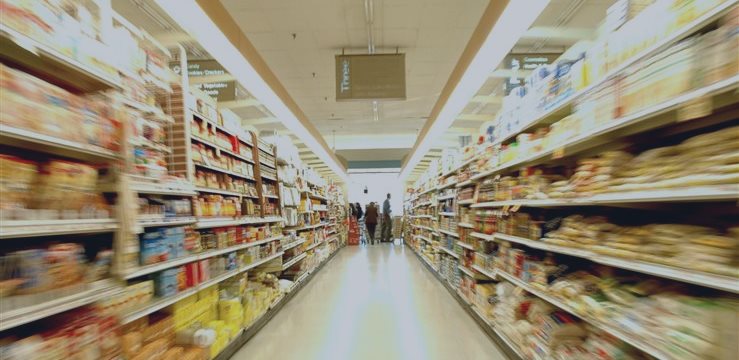
This November U.S. consumer prices recorded their biggest fall in nearly six years, as gasoline prices plunged. This, however, will probably do little to change views the Federal Reserve will start raising interest rates in mid-2015, as Reuters considers.
On Wednesday the Labor Department said its Consumer Price Index fell 0.3 percent last month, the largest decline since December 2008, after being flat in October.
Throughout a year and through November, the CPI increased 1.3 percent, the smallest gain since February, after advancing 1.7 percent in October.
Wall Street had forecast the CPI slipping only 0.1 percent from October and rising 1.4 percent from a year ago.
Underlying price pressures are also ebbing a bit after showing some signs of creeping up in October.
The so-called core CPI, stripping out food and energy prices, edged up 0.1 percent after rising 0.2 percent in October. In the 12 months through November, the core CPI rose 1.7 percent after increasing 1.8 percent in October. Gasoline prices fell 6.6 percent, the biggest drop since
December 2008, after declining 3.0 percent in October. Gasoline has now
declined for five straight months. Food prices rose 0.2 percent
after nudging up 0.1 percent the prior month. Within the core CPI,
shelter costs increased 0.3 percent last month after rising 0.2 percent
in October. There were also increases in airline fares, medical
care and alcohol prices. New motor vehicle prices, however, fell as did
the cost of household furnishings, apparel and used cars and trucks.
The Federal Reserve targets 2 percent inflation and it tracks an index that is running even lower than the CPI.
Falling crude oil prices, which hit a fresh 5-1/2 year low this week on increased shale production in the U.S. and slowing global demand, are keeping overall inflation in check for now.
As inflation is trending lower, job growth has shifted into higher gear and the pace of slack absorption in the economy has accelerated in recent months.
That has left many economists to expect the U.S. central bank could signal its intention for a mid-2015 interest rate hike when officials end a two-day meeting later on Wednesday.
Such a signal could come through changes to the Fed's so-called forward guidance on rates and new economic projections.
Low inflation could still urge caution for the Fed, which has kept its short-term interest rate near zero since December 2008.





